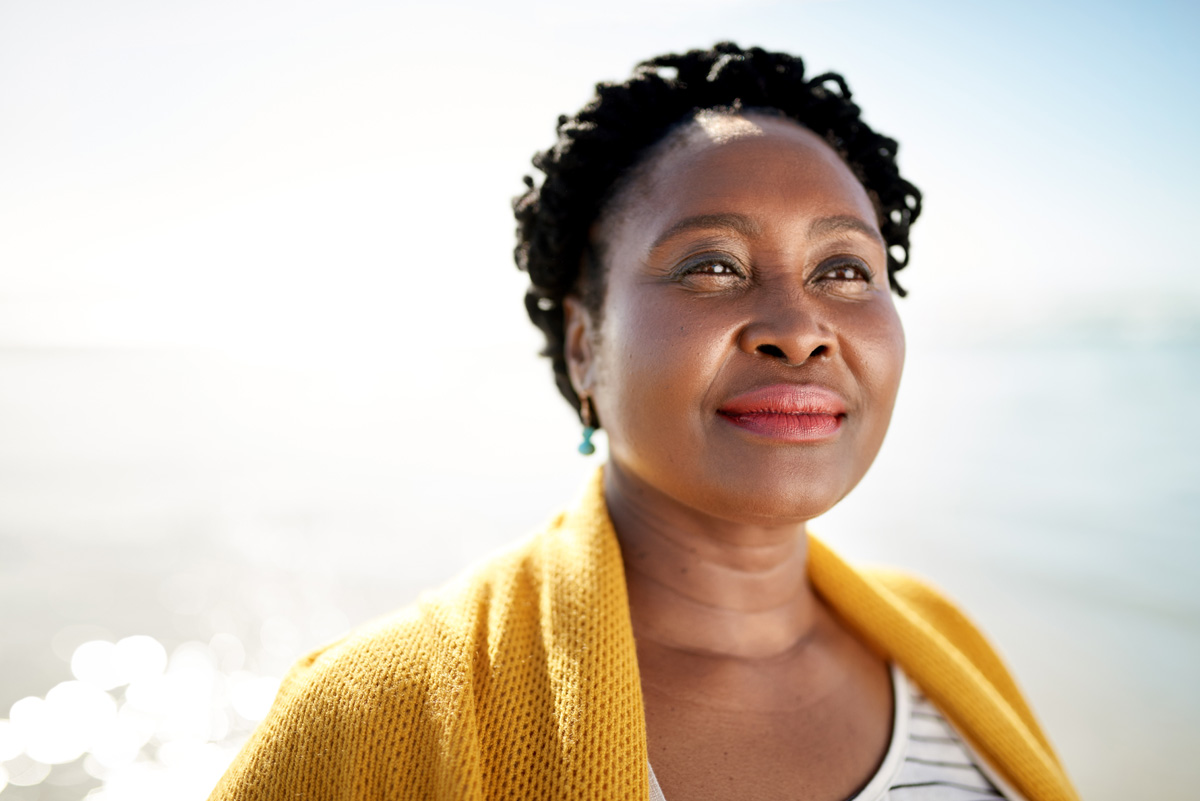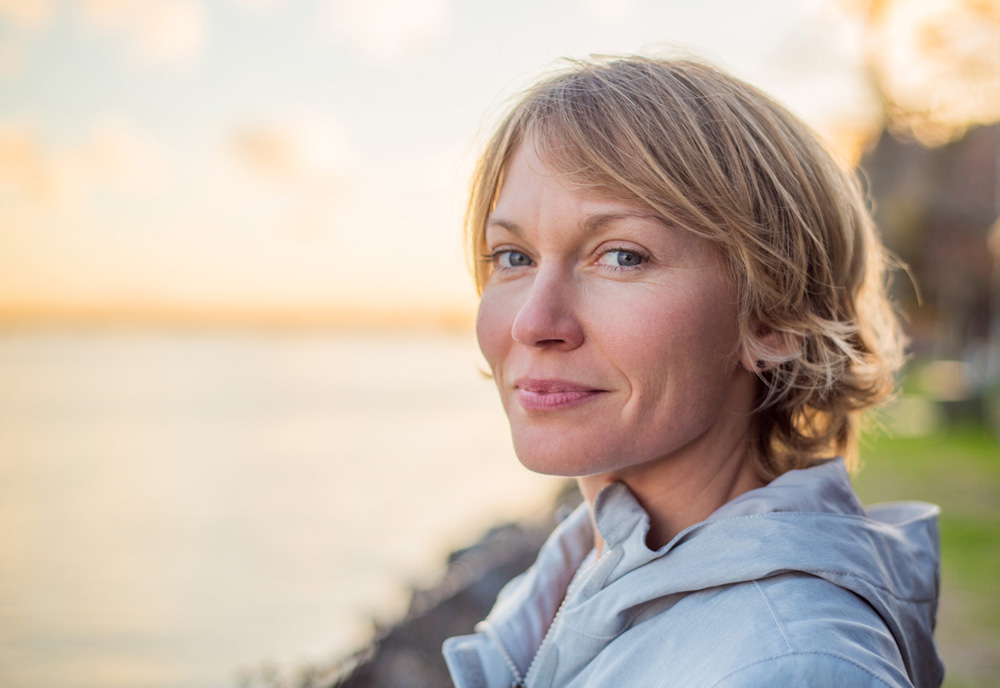- Patients
- Exploring cancer care
- Conditions we treat
- Gastrointestinal cancer
- Oesophageal cancer

Oesophageal cancer treatment and diagnosis
The oesophagus is part of the digestive system. It carries food from the mouth to the stomach. Cancer in the oesophagus is rare, and it’s more common in men over 60.
Oesophageal cancer treatment at GenesisCare
What is oesophageal cancer?
Oesophageal cancer is cancer that begins in any part of the oesophagus (lower, middle or upper).
There are two main types:
- Oesophageal adenocarcinoma – starts in the mucus glands of the oesophagus. It usually develops in the lower part of the oesophagusat the junction with the stomach
- Oesophageal squamous cell carcinoma – starts in the inner lining of the oesophagus. It often develops in the upper and middle part of the oesophagus
Causes of oesophageal cancer
It isn’t clear what causes oesophageal cancer. But some things can increase your risk. These include:
- A high-fat diet low in fruit and vegetables
- Being exposed to certain chemicals over a long period
- Being overweight or obese
- Having another oesophagus condition such as Barrett’s oesophagus which usually causes lower oesophageal cancer
- Heavy drinking
- Smoking
Signs and symptoms
What are the symptoms of oesophageal cancer?
It can be difficult to spot the first signs of oesophageal cancer. They may include:
- Feeling tired, or shortness of breath
- Indigestion or heart burn that doesn’t go away
- Nausea and vomiting related to eating
- Pain or difficulty swallowing
- Unexplained weight loss and losing your appetite
Having these symptoms doesn’t mean you have oesophageal cancer, but it’s best to get them checked by a doctor. The sooner your cancer is detected, the better the chances of treating it successfully.
Book an appointment
If you’re worried about symptoms or you have any concerns, contact us today to speak to our friendly team
Tests and diagnosis
After discussing your symptoms, your doctor will usually examine your abdomen. They may look for small swellings or signs of oesophageal cancer. You may be referred to a specialist for some of the following tests:
- Endoscopy – a camera test which looks at the oesophageal wall and enables biopsies to be taken
- EUS endoscopic ultrasound which looks at the oesophageal wall in more detail
- Scans including CT, MRI or PET-CT
- Blood tests, including nutritional elements (vitamins and minerals)
Treatments
Treatment of oesophageal cancer depends on its location (upper, middle, lower) and how advanced the cancer is. Your specialist doctor will discuss options with you which may include surgery, radiotherapy and chemotherapy.
Radiotherapy
Radiotherapy kills cancer cells. It’s used in the early stages of cancer treatment or after it has started to spread. It can also be used to relieve pain and discomfort from cancer that has spread.
Chemotherapy
Chemotherapy is medication that treats your cancer. The drugs kill cancer cells, preventing them from dividing and spreading further.
Read next

Doctors
Our doctors
GenesisCare works with many leading and experienced cancer doctors who share our commitment to providing excellent patient care

Centres
Our centres
With 440 centres across the world, we're continuing to diagnose and treat without delay, bringing specialist care closer to our patients in the UK, Spain, Australia and the US.

Cancer care
Exploring cancer care
We are the UK’s leading private provider of advanced radiotherapy and cancer care. We offer fast access to the latest technology and treatments that has been proven to make a difference.

Cancer care
How can we help?
Accessing world-class cancer care is easier than you think. Follow these easy steps to get treatment, tests and scans, or a second opinion at GenesisCare, and find out the different ways of funding your cancer care.

Patient support
Patient stories
We believe patients can be our teachers and trusted advisers, benefiting from their unique experiences.